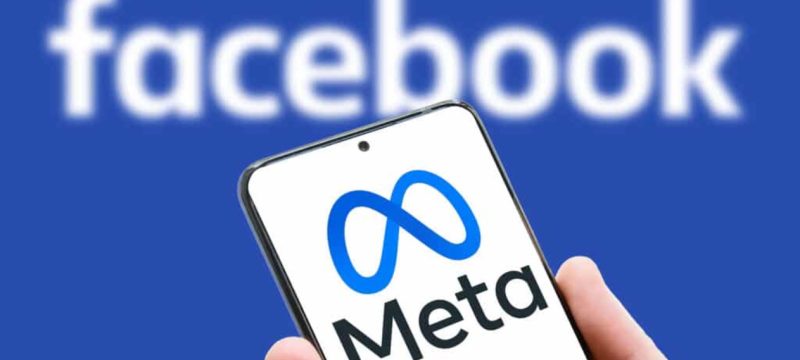Three years after halting its facial recognition software amid privacy concerns and regulatory pushback, Meta announced on Tuesday that it is testing the service again. This renewed effort aims to combat “celeb bait” scams, which exploit the likenesses of public figures to deceive users.
In the trial, Meta plans to enroll approximately 50,000 public figures, automatically comparing their Facebook profile photos with images used in suspected scam advertisements. If there’s a match and the ads are deemed scams, Meta will block them. The celebrities will be notified about their participation and can choose to opt out if they wish.The company intends to roll out this trial globally starting in December, but it will exclude regions where it lacks regulatory clearance, such as the UK, the EU, South Korea, and the U.S. states of Texas and Illinois.
Monika Bickert, Meta’s vice president of content policy, emphasized that the initiative aims to protect public figures whose images are being used in scams. “The idea here is to roll out as much protection as we can for them,” she stated, highlighting the company’s commitment to making this protection accessible and straightforward.
Also Read: Meta Announces Layoffs Across Instagram, WhatsApp, and Reality Labs
This move reflects Meta’s attempt to balance the use of potentially invasive technology to address escalating scam concerns while minimizing complaints regarding user data handling. The company had previously shut down its facial recognition system in 2021, citing “growing societal concerns” and deleted the face scan data of one billion users. Recently, Meta was ordered to pay $1.4 billion to Texas to settle a lawsuit that accused it of illegally collecting biometric data.
Additionally, Meta is facing lawsuits for not doing enough to combat celeb bait scams that use AI-generated images of famous individuals to lure users into fraudulent investment schemes. Under the new trial, Meta assured that it would immediately delete any facial data generated from comparisons with suspected ads, regardless of whether a scam was detected.
Bickert also noted that the facial recognition tool had undergone a “robust privacy and risk review process” before being tested and had been discussed with regulators and privacy experts. Meta is also considering using facial recognition data to help non-celebrity users recover compromised accounts on Facebook and Instagram.









